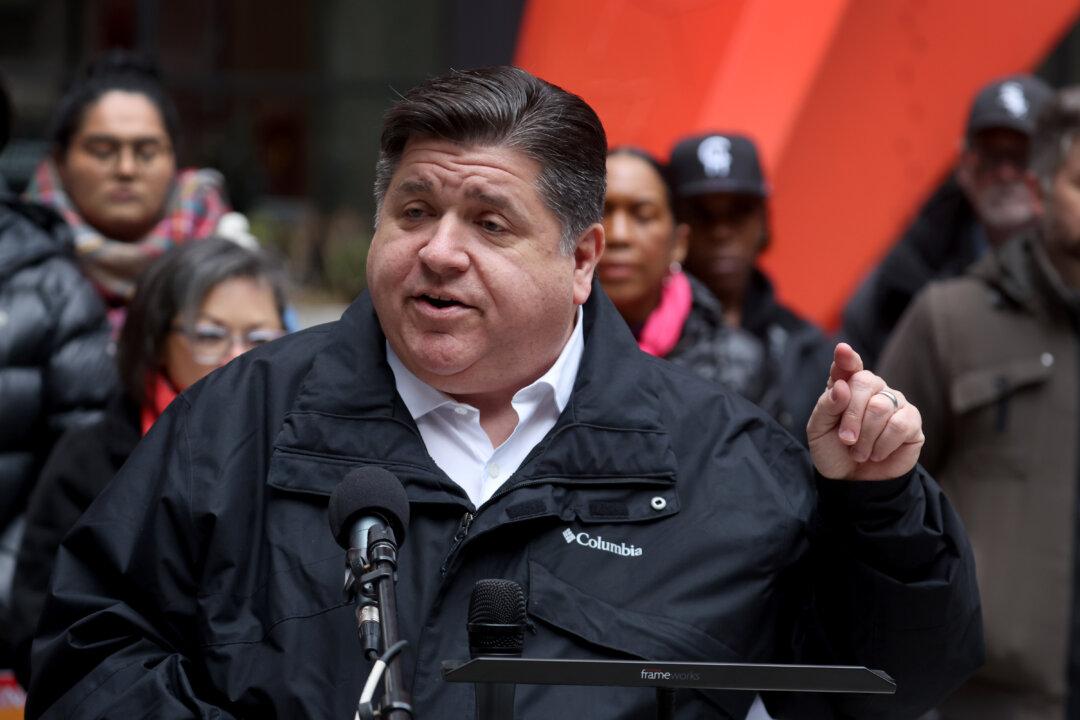Illinois has become the first state to penalize public libraries for removing books under a new law signed by Gov. J.B. Pritzker on June 12.
The law requires public libraries across Illinois to adhere to Chicago-based American Library Association’s (ALA) Bill of Rights in order to remain eligible for state funding.





